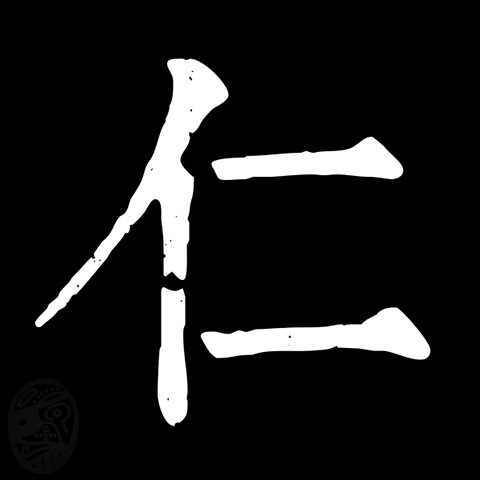
逝、陷、欺、罔|gO, tRAP, lIE, fOOL
「君子之仁」與「婦人之仁」。
“Real benevolent” VS “Overly benevolent”.
《論語》的第六書《雍也》——第二十六章:
“The Analects”, Book 6, Chapter 26:
宰我問曰:「仁者,雖告之曰:『井有仁焉。』其從之也?」
子**曰:「何為其然也?君子可[逝₁]也,不可[陷₂]也;可[欺₃]也,不可[罔₄]也。」
Zai Wo* asked: “There is a benevolent person, if someone told him, ‘Something humane happened in the well.’ Will that benevolent person follow to go? ”
Confucius answered: “How can it be? Real man can [go to cHECK₁], but cannot [fall into the tRAP₂]; can [listen to lIES₃], but cannot [blindly be fOOLED₄].”
..,
nOTE:
* Zai Wo (Zai Yu, 522–458 BC) , a disciple of Confucius.
** Confucius (551–479 BC) was an educator, philosopher and official of Lu State in the late Eastern Zhou Dynasty (ca. 1043-256 BC) during Spring and Autumn Period (770-476 BC), he was the founder of Confucianism and developed his Confucian theory of the five virtue elements: benevolence, righteousness, courtesy, wisdom and trust.
..,
Ngoài ra, đơn vị này còn được cấp phép hoạt động từ Curacao eGaming và chịu sự giám sát của PAGCOR – hai tổ chức có quy trình xét duyệt nghiêm ngặt đối với mọi hoạt động giải trí trực tuyến.slot365 Giấy phép số 365/JAZ là bằng chứng xác thực cho tính pháp lý của toàn bộ hệ thống mà người chơi có thể kiểm chứng bất cứ lúc nào.